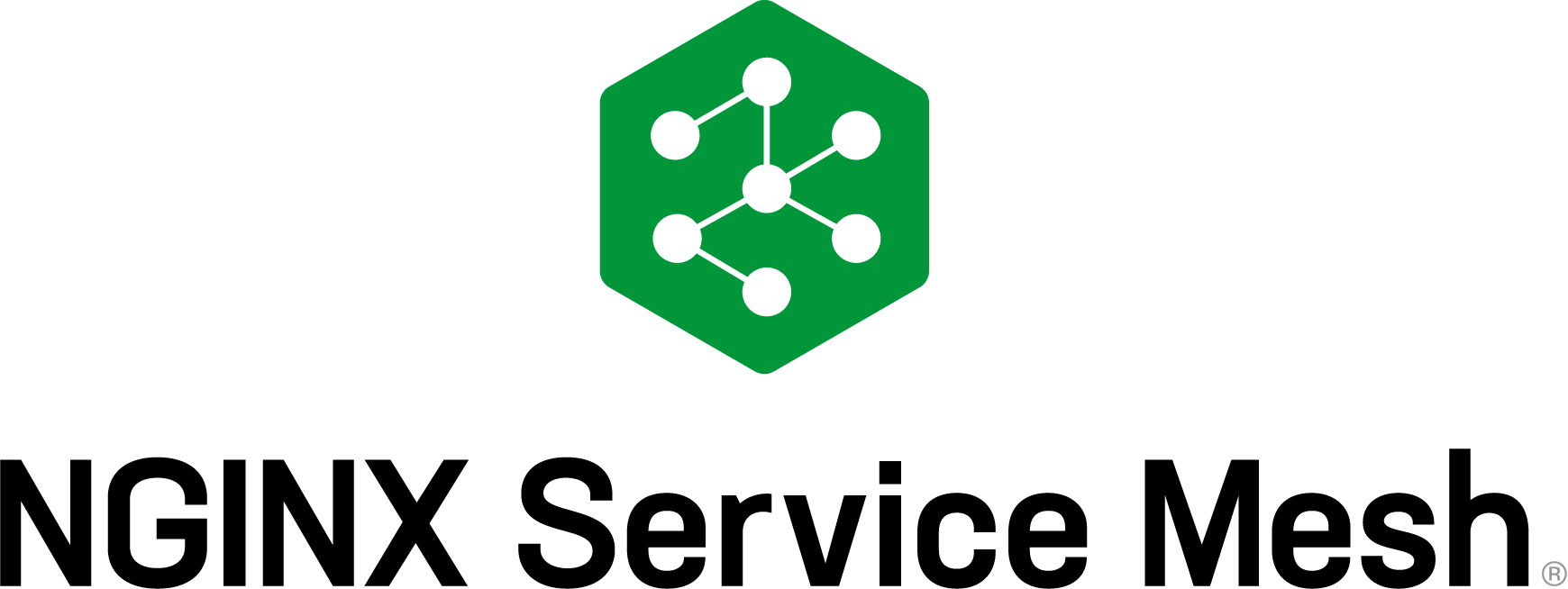A standard interface for service meshes on Kubernetes.

Service Mesh Interface provides:
- A standard interface for service meshes on Kubernetes
- A basic feature set for the most common service mesh use cases
- Flexibility to support new service mesh capabilities over time
- Space for the ecosystem to innovate with service mesh technology
What SMI covers
Service Mesh Interface is a specification that covers the most common service mesh capabilities:
- Traffic policy – apply policies like identity and transport encryption across services
- Traffic telemetry – capture key metrics like error rate and latency between services
- Traffic management – shift traffic between different services
Kubernetes Native
The SMI is specified as a collection of Kubernetes Custom Resource Definitions (CRD) and Extension API Servers. These APIs can be installed onto any Kubernetes cluster and manipulated using standard tools.
Provider Agnostic
The goal of the SMI API is to provide a common, portable set of service mesh APIs which a Kubernetes user can use in a provider agnostic manner. In this way people can define applications that use service mesh technology without tightly binding to any specific implementation.
Communications:
Sign up for the CNCF Slack for related discussion.
CNCF Slack, #smi



























